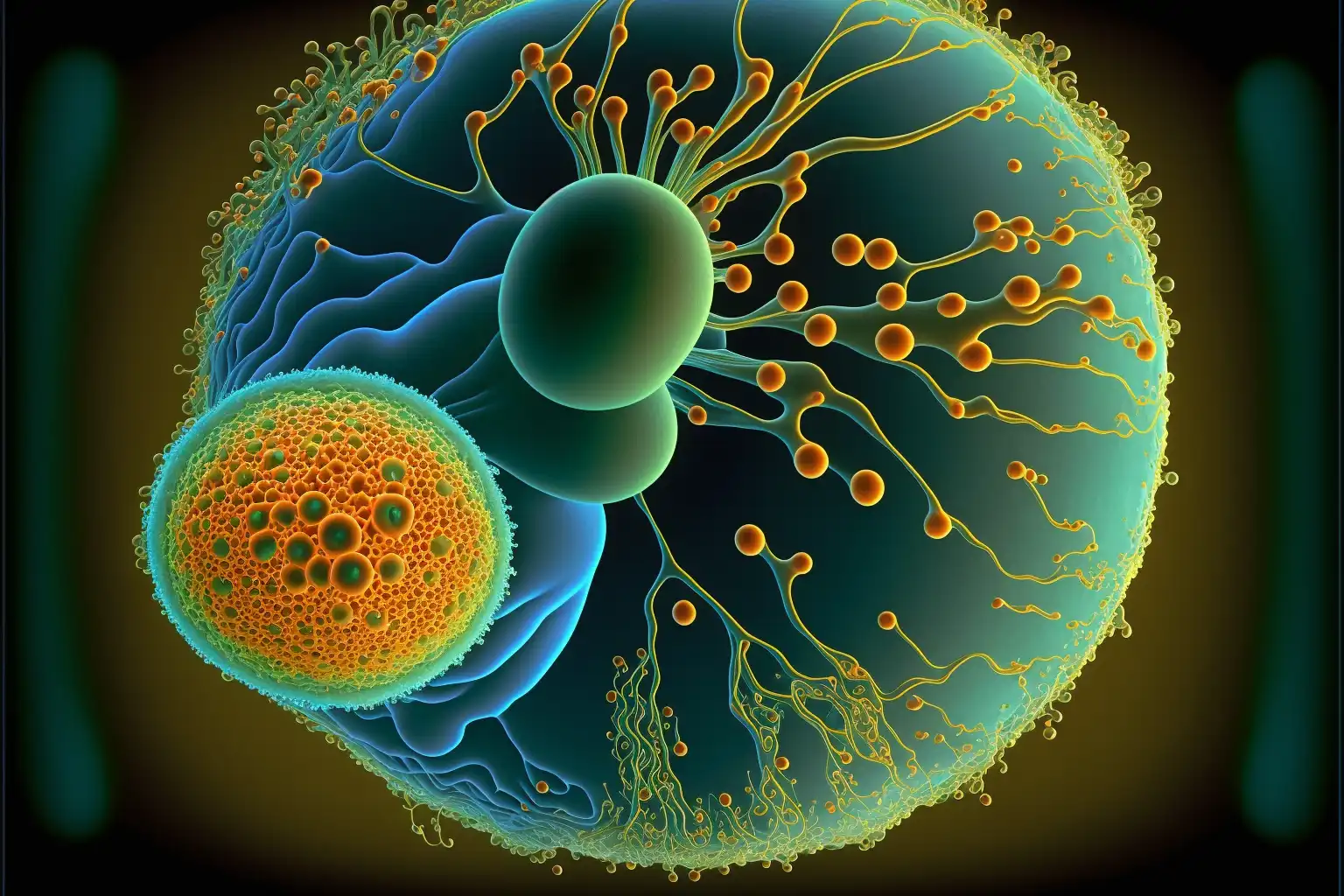
The stem cell controversy is a public debate about the ethics of research involving the development and use of human embryos. Most commonly, this controversy focuses on embryonic stem cells. Not all stem cell research involves human embryos. For example, adult stem cells, amniotic stem cells, and induced pluripotent stem cells do not involve creating, using, or destroying human embryos, and thus are minimally, if at all, controversial. Many less controversial sources of acquiring stem cells include using cells from the umbilical cord, breast milk, and bone marrow, which are not pluripotent.
The fundamental assertion of those who oppose embryonic stem cell research is the belief that human life is inviolable, combined with the belief that human life begins when a sperm cell fertilizes an egg cell to form a single cell. The view of those in favor is that these embryos would otherwise be discarded, and if used as stem cells, they can survive as a part of a living human person. A portion of stem cell researchers use embryos that were created but not used in in vitro fertility treatments to derive new stem cell lines.
The stem cell controversy is a complex one, with strong arguments on both sides. It is important to understand the ethical issues involved in order to form an informed opinion.
Here are some of the key arguments for and against embryonic stem cell research:
Arguments in favor:
Embryonic stem cells have the potential to cure a wide range of diseases, including Parkinson’s, Alzheimer’s, diabetes, and spinal cord injuries.
Embryonic stem cells are pluripotent, meaning that they can develop into any type of cell in the body. This makes them more versatile than other types of stem cells, such as adult stem cells.
There are a number of safeguards in place to ensure that embryonic stem cell research is conducted ethically. For example, researchers must obtain informed consent from donors and must ensure that embryos are not created specifically for research purposes.
Arguments against:
Embryonic stem cell research involves the destruction of human embryos. Some people believe that this is morally wrong, as they believe that human life begins at conception.
There is a risk that embryonic stem cell research could lead to the creation of human clones.
There is also a risk that embryonic stem cell transplants could be rejected by the patient’s body.
The stem cell controversy is likely to continue for some time. It is important to have a respectful dialogue about the ethical issues involved so that we can make informed decisions about the future of stem cell research.
Sources.
Yes, there is a bright future for stem cell research in India. India has a strong scientific community and a growing number of stem cell research institutes. The Indian government is also supportive of stem cell research, and has provided funding for a number of research projects.
In recent years, there have been a number of significant advances in stem cell research in India. For example, Indian scientists have developed new methods for differentiating stem cells into specific cell types, such as heart muscle cells and nerve cells. Indian scientists have also developed new stem cell-based therapies for a number of diseases, including Parkinson’s disease, spinal cord injuries, and cancer.
The future of stem cell research in India is very promising. Stem cell therapy has the potential to revolutionize the way we treat a wide range of diseases and conditions. India has the scientific expertise and the financial resources to become a leader in stem cell research.
Here are some specific examples of the future of stem cell research in India:
- Stem cell therapy could be used to treat a wide range of diseases, including cancer, diabetes, Parkinson’s disease, Alzheimer’s disease, and spinal cord injuries.
- Stem cells could be used to develop new drugs and treatments for diseases.
- Stem cells could be used to create personalized medicine treatments, tailored to the individual patient’s needs.
- Stem cells could be used to develop new ways to repair damaged tissues and organs.
The future of stem cell research in India is very exciting. With continued investment and support, India has the potential to become a world leader in this field.
However, there are a few challenges that need to be addressed in order to ensure the future of stem cell research in India. One challenge is the lack of public awareness about stem cell research. Another challenge is the need for more funding for stem cell research. Finally, there is a need to develop a robust regulatory framework for stem cell research.
Despite these challenges, the future of stem cell research in India is very bright. Stem cell therapy has the potential to revolutionize the way we treat a wide range of diseases and conditions. India has the scientific expertise and the financial resources to become a leader in stem cell reasearch.






